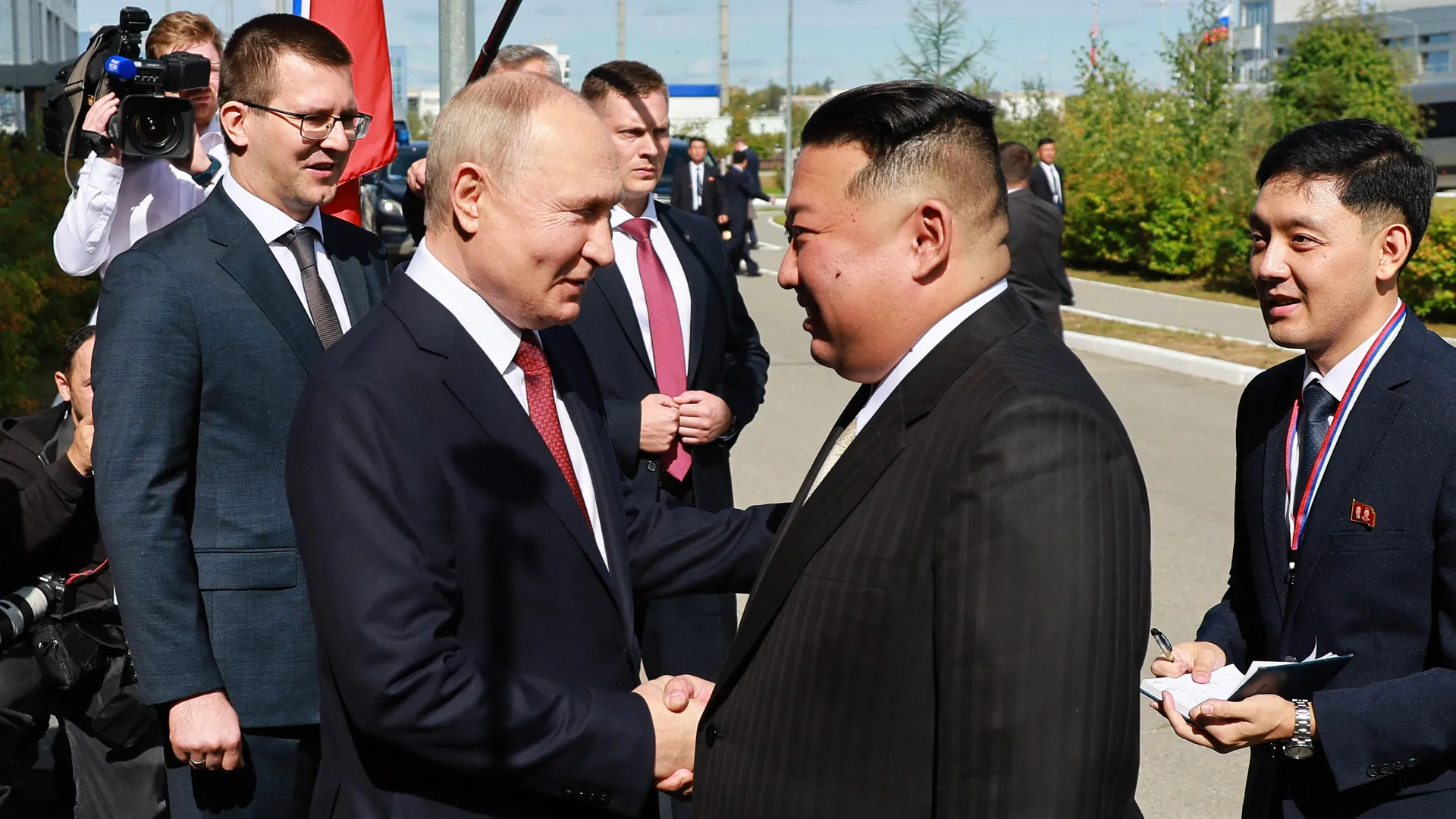KUALA LUMPUR (Reuters) – In an effort to rebuild trust and tackle economic challenges, Malaysian Prime Minister Anwar Ibrahim executed a cabinet reshuffle on Tuesday, introducing multiple changes, including key adjustments to the foreign, defence, and energy portfolios. The reshuffle also marks the return of a second finance minister, as Anwar aims to address concerns over the economy and inflation after a year in office.
Facing a decline in public opinion polls, Anwar acknowledged the importance of prioritizing the economy, health, and education in his government. The reshuffle, which included the creation of several new posts, emphasized the need for a strong professional team in the Ministry of Finance, in addition to Anwar’s leadership.
Among the notable changes, Anwar appointed a new commodities minister and reassigned Fadillah Yusof, the deputy prime minister, to a newly-established energy transition and public utilities portfolio. Mohamad Hasan, deputy president of the United Malay National Organisation (UMNO) party, was moved from defence minister to foreign minister.
Anwar, who also holds the position of finance minister, reinstated the role of a second finance minister, appointing Amir Hamzah Azizan, the executive of Malaysia’s largest pension fund.
“The Ministry of Finance, other than being headed by me, must have a strong professional team to ensure we are on the right track and focused on the economy,” Anwar stated during a televised press conference.
The Malaysian government, led by Anwar’s progressive coalition, includes UMNO, East Malaysian parties, and several smaller parties. Recent polls by the independent Merdeka Center revealed a decline in Anwar’s approval rating to 50%, down from 68% in December the previous year, with government approval also dropping to 41% from 54%.
Economic concerns, particularly the slowdown in economic growth to 8.7% in 2022 and worries about inflation, were cited as key drivers of the declining sentiment. Malaysia’s economic challenges are further exacerbated by the weakened ringgit, one of Asia’s worst-performing currencies this year.



